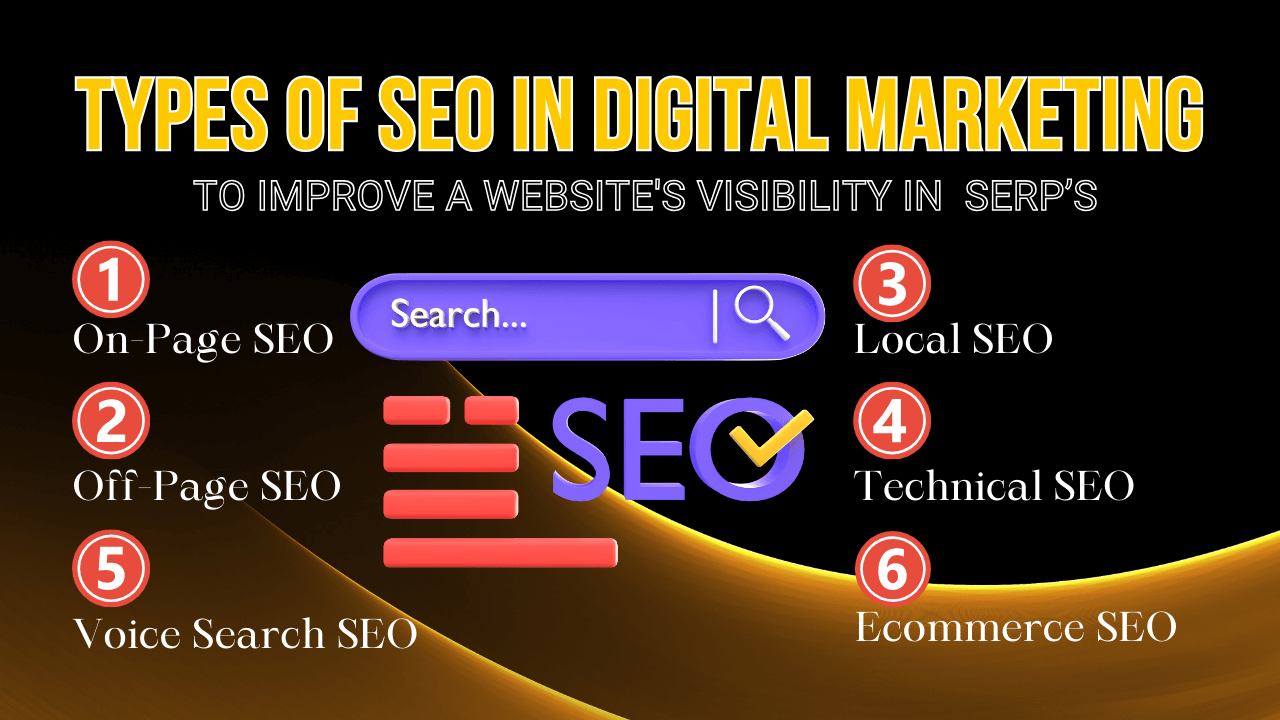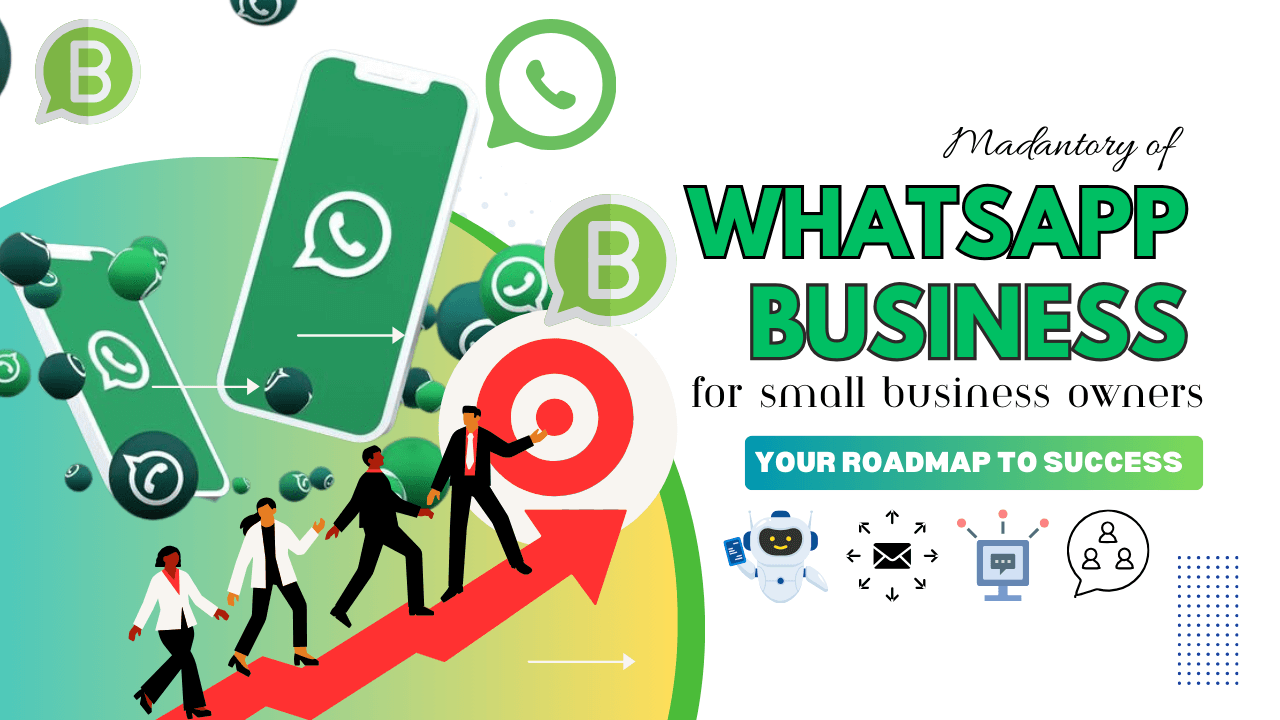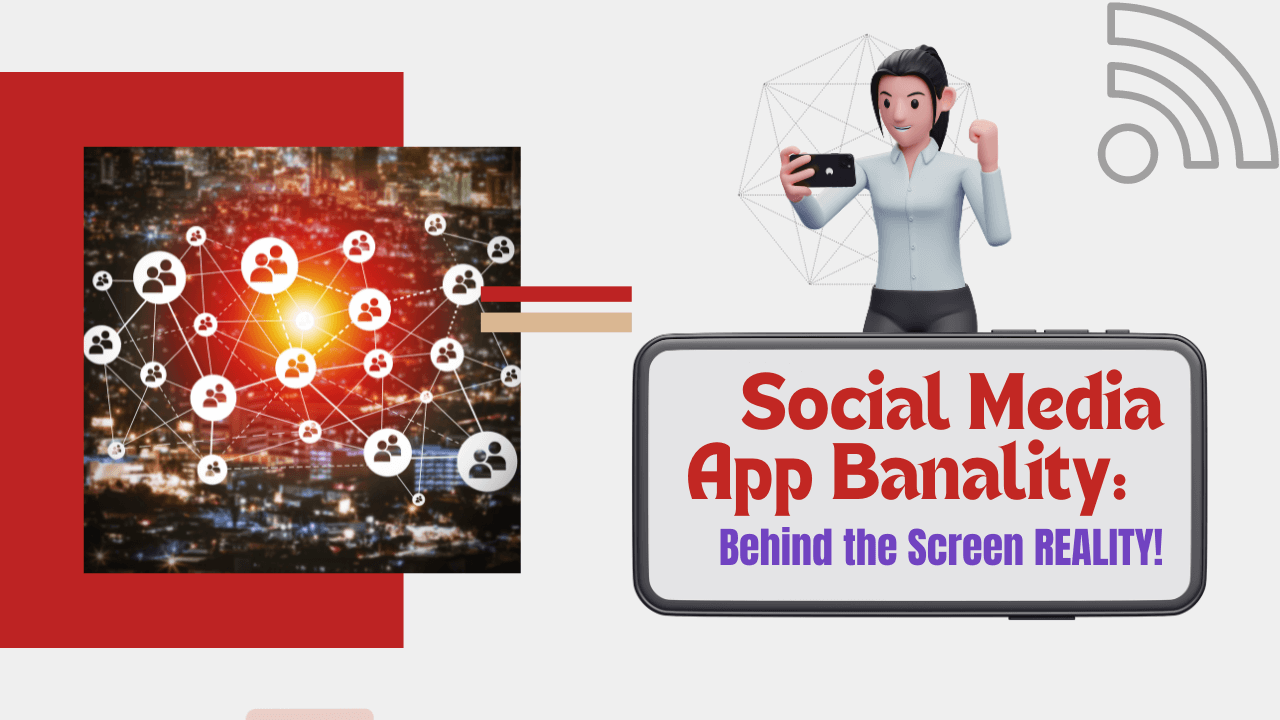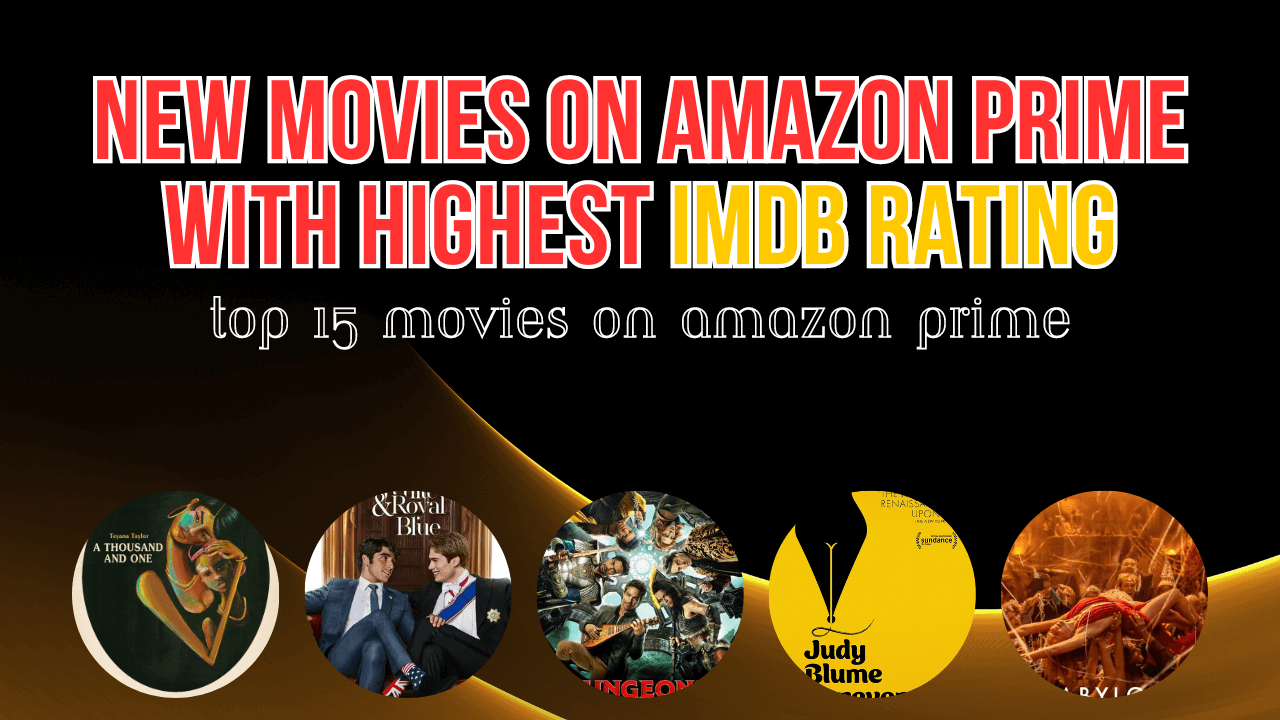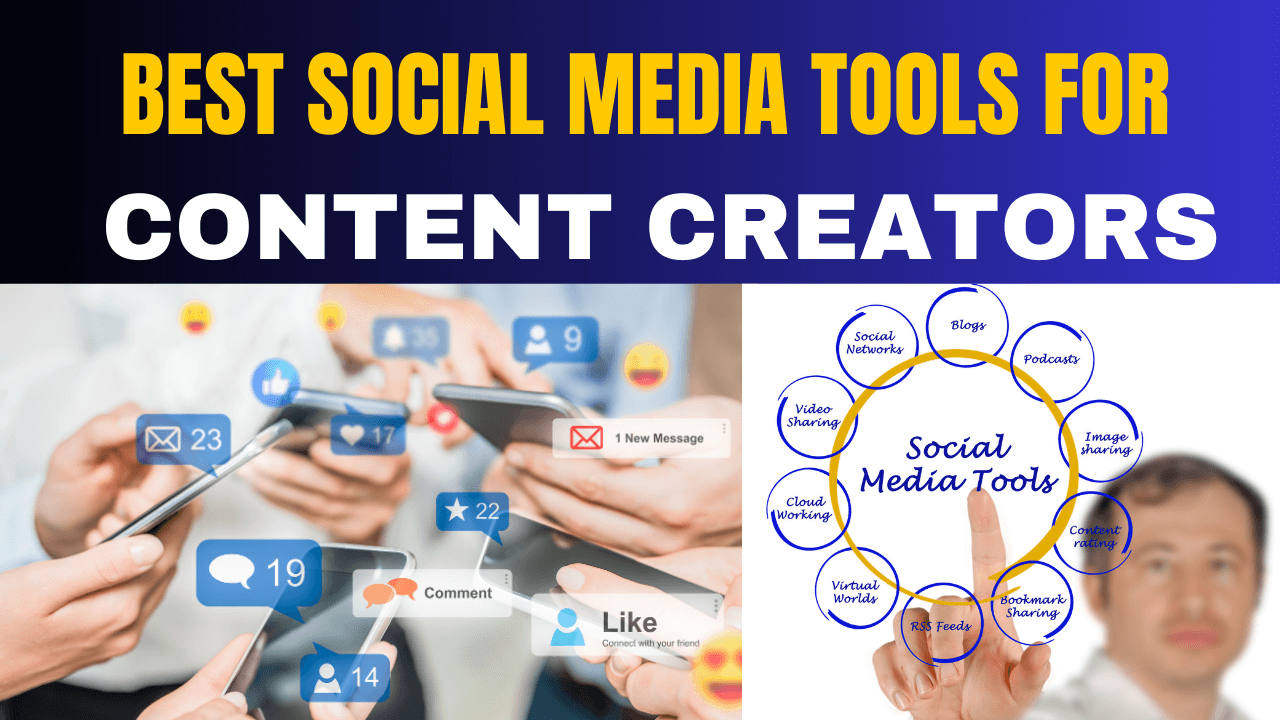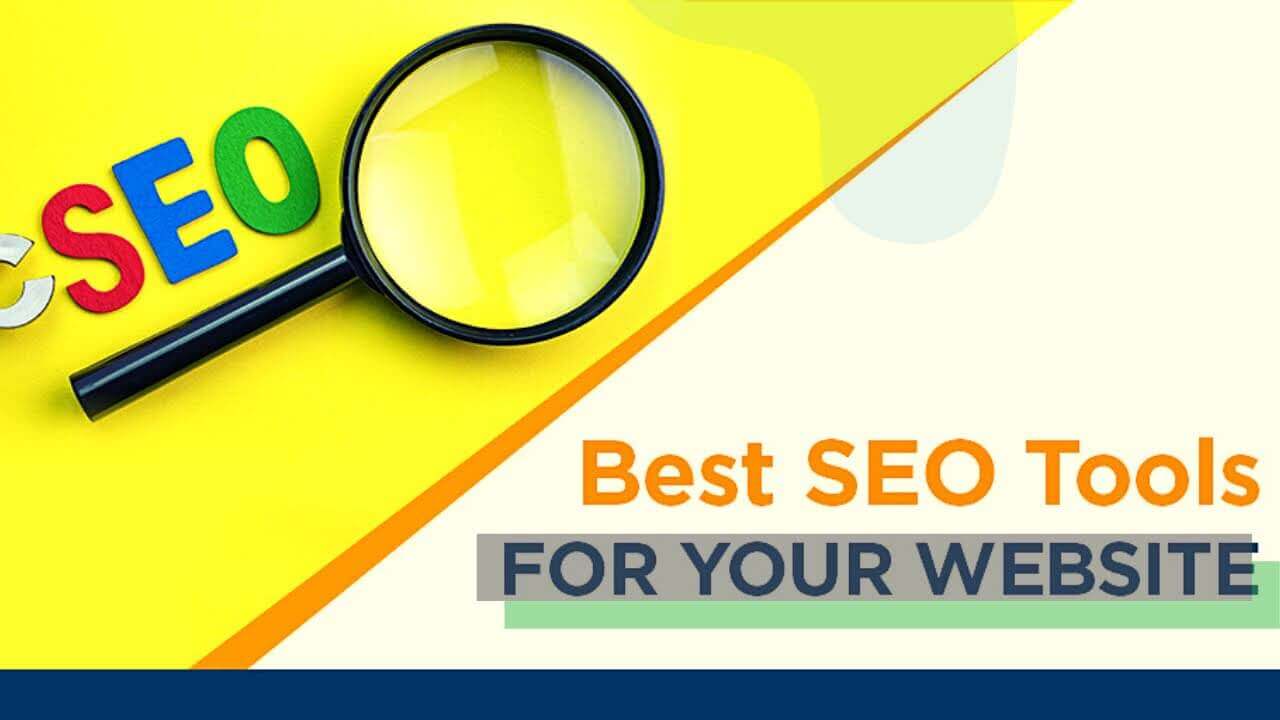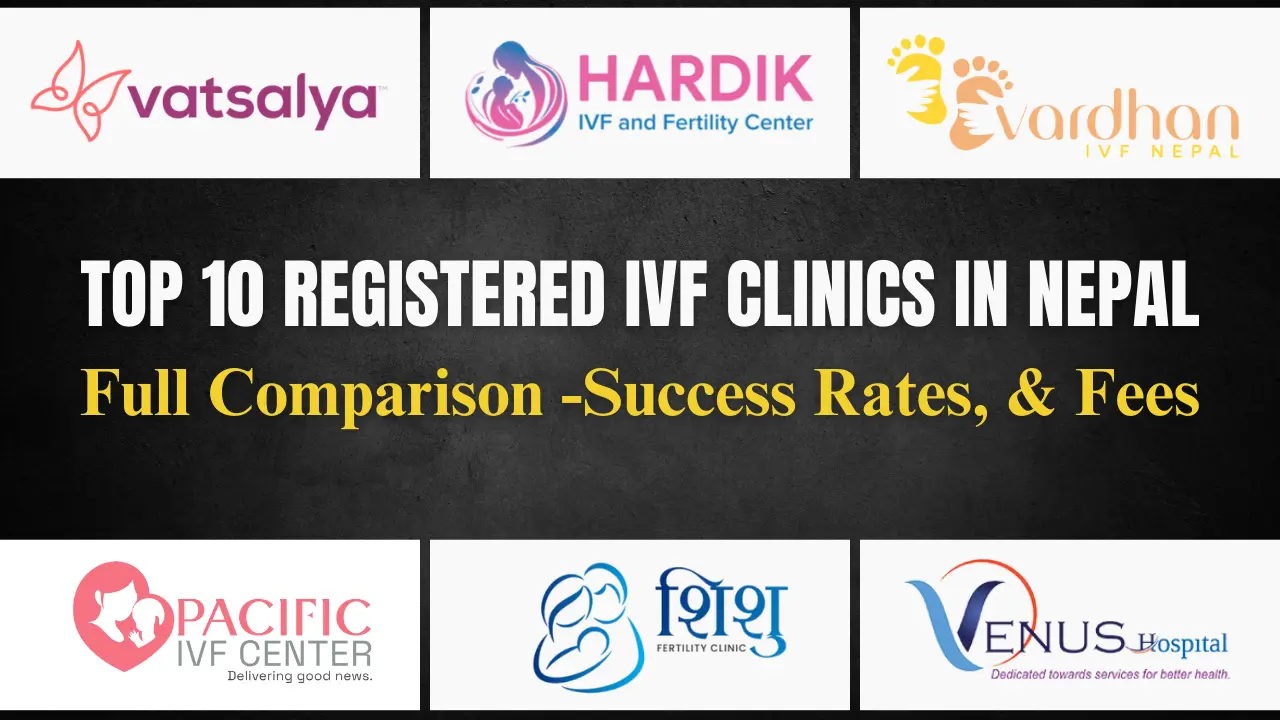Top 10 AI Marketing Apps & Benefits – Power of Artificial Intelligence
2 years agoConquer Every Corner with 360 Digital Marketing Services
2 years ago -

Amid the digital revolution, the methods we use for advertising and digital marketing are also evolving quickly. Consumers are bombarded with messages across countless channels. To connect with them, businesses need a holistic approach – enter the world of 360 digital marketing. But what exactly is this, and why is it so important?
Table of Contents
Introduction
In today’s digital world, consumers are bombarded with messages. To truly stand out, businesses need a strategy that reaches them everywhere they go. Digital marketing 360 services. It’s a unified approach that weaves all your online marketing efforts – website, social media, content, and more – into a powerful website that captures your target audience.
What is 360 digital marketing?
A 360 digital marketing is a complete way to use multiple online channels to promote a brand, product, or service. It covers various digital marketing techniques, including website optimization, search engine optimization (SEO), pay-per-click (PPC) advertising, social media marketing, content marketing, email marketing, influencer marketing, conversion rate optimization (CRO), and online reputation management.
Imagine your brand existing in a complete sphere, interacting with potential target customers at every touchpoint. That’s the core of a digital marketing strategy. It combines all your online marketing efforts – website, social media, content, email, and more – into a singular, powerful message that resonates with your target audience.
By integrating these various digital marketing channels and tactics, a 360 digital marketing strategy aims to create a seamless and consistent brand experience for customers, regardless of where they interact with your business online. This 360 Digital Marketing Strategy maximizes visibility, engagement, and conversions, ultimately driving better results and a higher return on investment (ROI) for your digital marketing efforts.
Why Digital Marketing 360 is Important?
As today’s digital marketing world is competitive, businesses need to have a strong online presence to stay ahead. 360 digital marketing is important because it allows companies to reach their target audience through multiple channels simultaneously. Utilizing various digital platforms, businesses can increase brand awareness, drive website traffic, generate leads, and ultimately boost sales.
Additionally, a well-executed 360 digital marketing strategy helps companies build stronger relationships with customers, establish brand loyalty, and gain a competitive edge in the market.
Why is Digital Marketing 360 Used?
360 marketing services are used for several reasons:
- Increased Reach: By utilizing multiple channels, businesses can expand their reach and connect with a wider audience.
- Improved Customer Engagement: A digital marketing 360 strategy allows companies to engage with customers at various touchpoints, fostering stronger relationships and loyalty.
- Targeted Marketing: Digital platforms provide valuable data and insights, enabling businesses to create highly targeted and personalized marketing campaigns.
- Better ROI: By optimizing and integrating different digital channels, companies can maximize their marketing efforts and achieve a higher return on investment (ROI).
Benefits of a 360-Degree Digital Marketing
| Benefit | Description |
|---|---|
| Complete Coverage | Addresses all aspects of digital marketing |
| Integrated Strategy | Ensures cohesion across different channels |
| Improved ROI | Maximizes results through synergistic efforts |
| Adaptability | Allows for quick pivots based on performance data |
By using a 360 digital marketing, businesses can create a powerful online presence that drives growth and achieves their marketing objectives.
Traditionally, marketing might have been separated into above-the-line (ATL) – think billboards and TV ads – and below-the-line (BTL) – like promotions and direct mail. But consumers today expect a consistent brand experience, regardless of the channel. 360 digital marketing bridges this gap, creating a through-the-line (TTL) approach that promotes brand recognition and trust.
Understanding ATL, BTL, and TTL Marketing
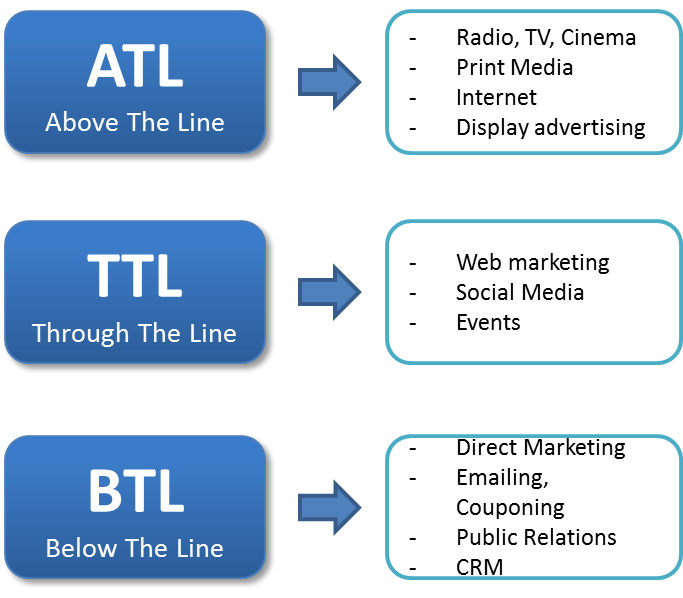
- ATL (Above the Line) Marketing: Traditional mass-market advertising channels like TV, radio, and print media.
- BTL (Below the Line) Marketing: Direct, targeted marketing efforts like email, SMS, and telemarketing.
- TTL (Through the Line) Marketing: Combination of ATL and BTL, integrating mass media with targeted campaigns, ensuring every touchpoint with your audience is optimized for maximum impact.
360 Digital Marketing Services includes
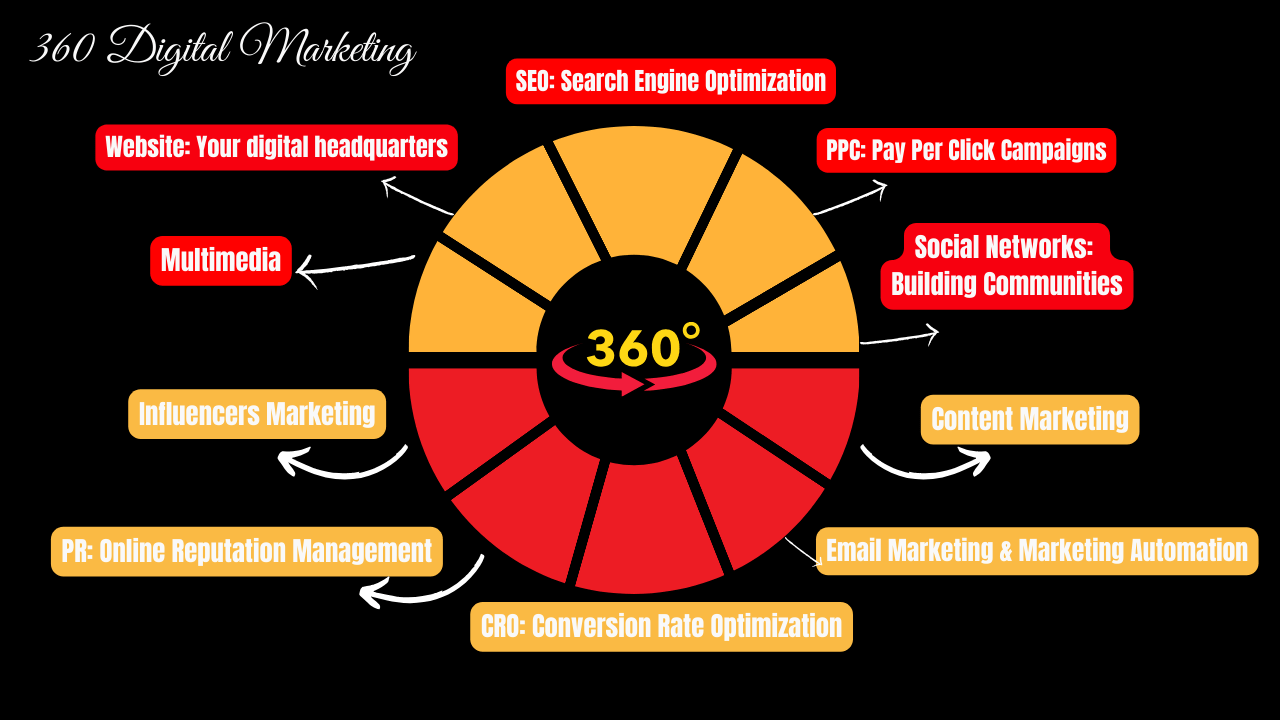
360 digital marketing services is the complete digital marketing approach to online promotion, covering every aspect of a brand’s online presence. These 360 digital marketing services include social media marketing, search engine optimization (SEO), pay-per-click (PPC) advertising, content marketing, email marketing, influencer marketing, content creation, ORM, web development, and analytics. The goal is to create a complete 360 strategy that helps consistent branding and effective communication across all digital platforms to maximize reach, engagement, and conversions.
1. Website: Your digital headquarters
Your website is the digital headquarters of your online presence. Web design and development services are used to create stunning, responsive websites that drive engagement and conversions. Create a user-friendly, responsive, and SEO-optimized site to set up a strong online presence. You must focus on:
- User-centric design principles
- Mobile-first approach
- SEO-friendly Design
- Fast loading times
- Secure and scalable platforms
2. SEO: Search Engine Optimization
360 degree digital marketing services include SEO, which helps to rank your website high in search results for relevant keywords. Optimize your website and content for relevant keywords to improve the website’s visibility in search engine results, boost organic traffic, and leads. SEO Services include:
- Keyword research and optimization
- On-page and technical SEO
- Content strategy and creation
- Link building and outreach
- Local SEO for businesses targeting specific areas
3. PPC: Pay-Per-Click Campaigns
Pay-Per-Click (PPC) advertising allows you to directly target potential customers with ads on search engines and other platforms. Implement effective PPC campaigns on platforms like Google Ads and Bing Ads to drive targeted traffic to your website. PPC service includes:
- Google Ads and Microsoft Advertising
- Display and retargeting campaigns
- Shopping ads for e-commerce
- Ad copy optimization and A/B testing
- Budget management and performance tracking
4. Social Media: Building Communities
Social media platforms are powerful tools for connecting with your audience, sharing content, and fostering brand loyalty. Engage with your audience on popular social media platforms like Facebook, Instagram, Twitter, and LinkedIn through targeted campaigns and content sharing. Social Media includes:
- Niche-specific content creation
- Community management
- Paid social advertising
- Influencer partnerships
- Analytics and reporting
5. Content Marketing
Valuable content like blog posts, videos, and infographics keeps your audience engaged and establishes you as a thought leader in your industry. Create valuable, informative, and engaging content (blogs, videos, infographics, etc.) to attract and retain customers. Content marketing includes:
- Blog/Article writing
- Video marketing
- Infographics and visual storytelling
- Case studies, whitepapers, and eBooks
6. Email Marketing & Marketing Automation
Email marketing allows you to nurture leads, promote offers, and build lasting relationships with your audience. Develop targeted email campaigns and leverage marketing automation tools to nurture leads and increase customer loyalty. Email Marketing Includes:
- Email campaign creation and automation
- Newsletters and promotional emails
- Lead-nurturing sequences
- A/B testing and analytics
7. CRO: Conversion Rate Optimization
CRO optimizes your website to convert visitors into paying customers. Analyze user behavior and data to optimize your website and landing pages for better conversion rates. This might involve improving website navigation, calls to action, and checkout processes.
8. ORM: Online Reputation Management
Online reputation management involves actively managing your brand’s image online. Monitor and manage your online reputation through proactive strategies and responsive crisis management. This includes responding to reviews, engaging in social media conversations, and proactively promoting positive stories about your brand. ORM service includes:
- Monitoring brand mentions
- Review management
- Crisis communication
9. Influencer Marketing
Level up your 360 strategy with influencer marketing. Reach new audiences, build trust, and get laser-focused engagement. Micro-influencers can be your secret weapon! It includes:
- Finding and collaborating with relevant influencers
- Campaign strategy & execution
- Performance tracking
10. Multimedia
Supercharge your 360 strategy with multimedia! Text, images, videos – grab attention and boost engagement. Visuals + emotions = stronger brand connection. It includes:
- Script writing, video/photo shooting, and editing
- YouTube channel management
- Short-form video (Reels, TikTok, Shorts)
Use it for: Websites, Social Media, Email Marketing.
Get seen, get remembered, get results!
7 Steps of 360 Digital Marketing Strategy
- Step 1: Define Your Goals – Clearly outline what you want to achieve with your digital marketing efforts, such as increasing brand awareness, generating leads, or boosting sales.
- Step 2: Identify Your Target Audience – Understand who your ideal customers are, their needs, preferences, and online behavior to tailor your marketing strategies effectively.
- Step 3: Conduct a Competitive Analysis – Analyze your competitors’ digital presence to identify strengths, weaknesses, and opportunities for differentiation.
- Step 4: Develop a Complete Plan – Create a detailed plan that outlines your marketing tactics, channels, content strategy, and budget.
- Step 5: Implement Your Strategy – Execute your marketing plan across all chosen channels, ensuring consistency and cohesion in your messaging.
- Step 6: Monitor and Measure Performance – Use analytics tools to track the performance of your campaigns, gather insights, and make data-driven adjustments to optimize results.
- Step 7: Optimize and Improve – Continuously refine your strategy based on performance data and evolving market trends to stay ahead of the competition.
360 degree digital marketing proposal example
Are you struggling to create a compelling 360-degree digital marketing proposal that stands out from the competition? Fear not! We’re here to guide you through the process of creating a winning 360 degree digital marketing proposal that will not only impress your potential clients but also increase your chances of landing that dream project.
Key Components of a 360-Degree Digital Marketing Proposal
A complete digital marketing proposal includes several key components. Here’s some research on the basic elements:
- Executive Summary
- Situation Analysis
- Marketing Objectives
- Target Audience
- Proposed Strategies
- Budget and Timeline
- Measurement and Reporting
Let’s explore each of these components in more detail:
Executive Summary
The executive summary provides a concise overview of the entire proposal. It should:
- Highlight the main objectives
- Summarize key strategies
- Outline expected outcomes
Situation Analysis
This section analyzes the current market situation, including:
- SWOT analysis (Strengths, Weaknesses, Opportunities, Threats)
- Competitor analysis
- Industry trends
| SWOT | Internal Factors | External Factors |
|---|---|---|
| Positive | Strengths | Opportunities |
| Negative | Weaknesses | Threats |
Marketing Objectives
Clearly define the goals of the digital marketing campaign, such as:
- Increase website traffic by X%
- Generate Y leads per month
- Improve conversion rate by Z%
Target Audience
Identify and describe the ideal customer personas, including:
- Demographics
- Psychographics
- Online behavior
- Pain points and needs
Proposed Strategies
Outline the specific digital marketing tactics to be employed, such as:
- Search Engine Optimization (SEO)
- Pay-Per-Click (PPC) advertising
- Social Media Marketing
- Content Marketing
- Email Marketing
Budget and Timeline
Provide a detailed breakdown of costs and a project timeline, including:
- Allocate a budget for each strategy
- Milestones and deadlines
- Resource allocation
Measurement and Reporting
Explain how success will be measured and reported, including:
- Key Performance Indicators (KPIs)
- Reporting frequency and format
- Tools for tracking and analysis
Now that we’ve covered the essential components of a digital marketing proposal template, let’s explore some useful resources that can help you create and refine your proposal.
Useful resources
Digital Marketing Tools and Platforms
Digital marketing requires a set of tools to execute campaigns effectively. Here’s a list of essential resources:
- Google Analytics: For tracking website performance
- SEMrush: For keyword research and competitor analysis
- Hootsuite: For social media management
- Mailchimp: For email marketing campaigns
- Canva: For creating visual content
Industry Blogs and Publications
Stay updated with the latest trends and strategies by following these top digital marketing blogs:
- HubSpot Blog
- Moz Blog
- Neil Patel’s Blog
- Search Engine Journal
- Social Media Examiner
Digital Marketing Courses and Certifications
Improve your skills with these reputable online courses:
| Course Provider | Course Name | Focus Area |
|---|---|---|
| Digital Marketing Fundamentals | Search, Display, Video | |
| HubSpot Academy | Inbound Marketing Certification | Inbound Methodology |
| Facebook Blueprint | Facebook Certified Digital Marketing Associate | Social Media Marketing |
Networking and Events
Expand your professional network and gain insights at these digital marketing events:
- Digital Marketing World Forum
- Social Media Marketing World
- Content Marketing World
- MarTech Conference
By using these resources, you’ll be well-equipped to create and execute successful 360 digital marketing strategies.
Conclusion
This marketing strategy is essential for businesses to succeed in today’s digital world. By utilizing various online channels and techniques, companies can increase brand visibility, engage with customers effectively, and drive better results. However, implementing a successful digital marketing 360 strategy requires a well-planned approach, high-quality content, data-driven optimization, and continuous monitoring and adaptation.
Frequently Asked Questions (FAQs)
Is digital marketing 360 expensive?
The cost of digital marketing 360 can vary depending on your specific needs and goals. However, there are strategies for every budget, and the potential return on investment (ROI) can be significant.
What are the key components of a 360 digital marketing?
The key components include website optimization, SEO, PPC advertising, social media marketing, content marketing, email marketing, conversion rate optimization, and online reputation management.
Why is content marketing important in a digital marketing 360 strategy?
Content marketing helps attract and engage your target audience by providing valuable, informative, and relevant content. It helps establish your brand as an authority in your industry and builds trust with potential customers.
How can I measure the success of my 360 digital marketing efforts?
You can measure success by tracking various metrics such as website traffic, lead generation, conversion rates, social media engagement, email open and click-through rates, and overall return on investment (ROI).
- Step-by-Step Guide: 12 Steps to Create a Marketing Plan for Business Growth
- How to Optimize for Zero-Click Searches? Is It Bad for SEO?
- Metaverse Marketing: Social Media Marketing in the Metaverse
- What is On Page Optimization? Keyword, URL, Meta Tags, ALT Tags & MORE!
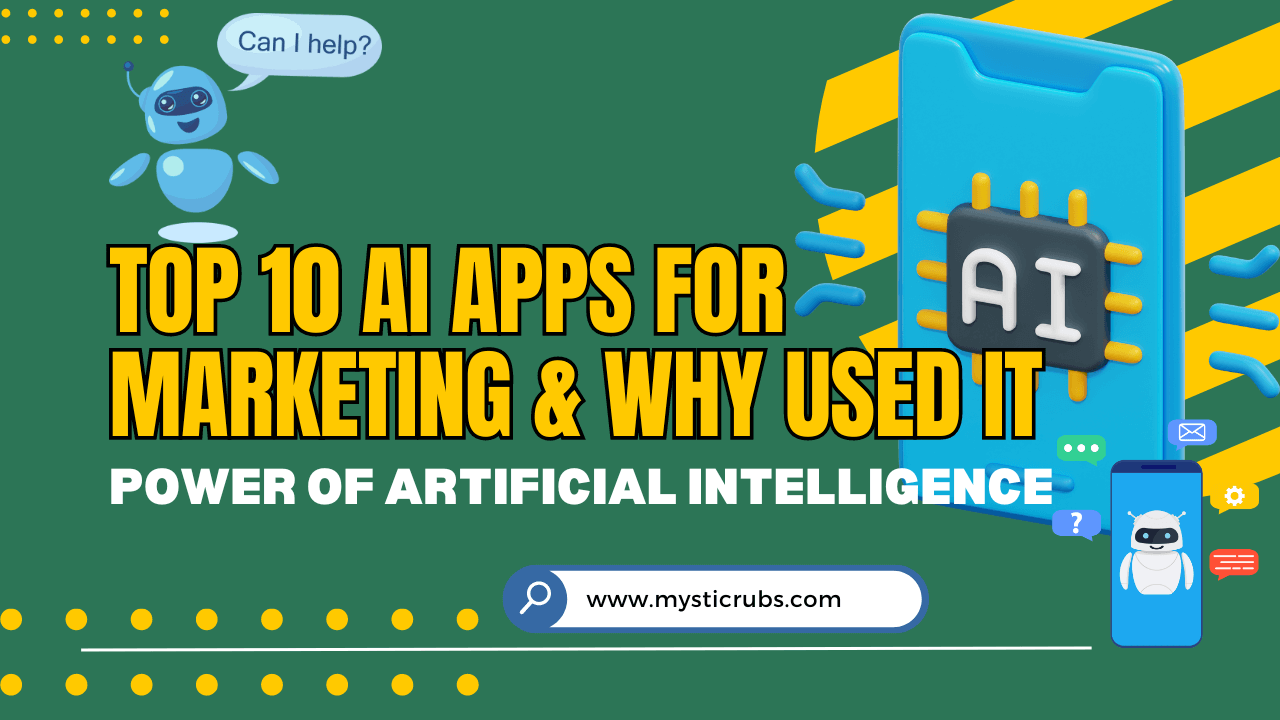
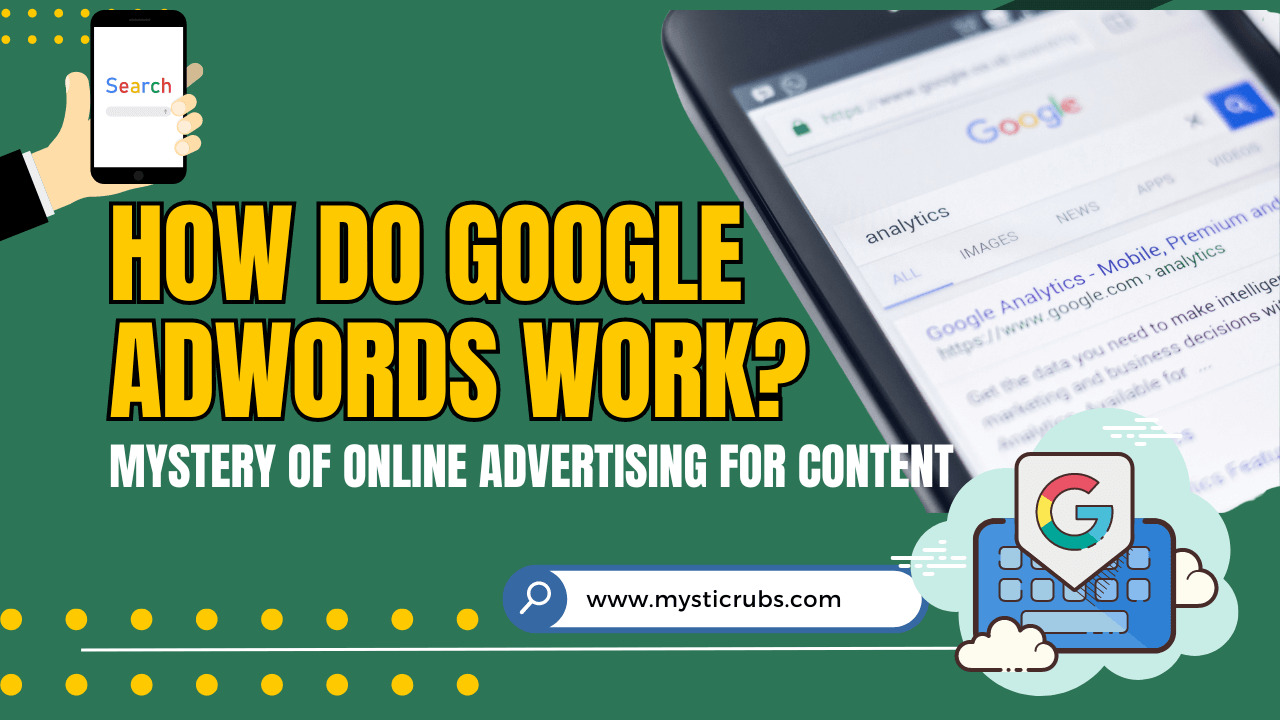
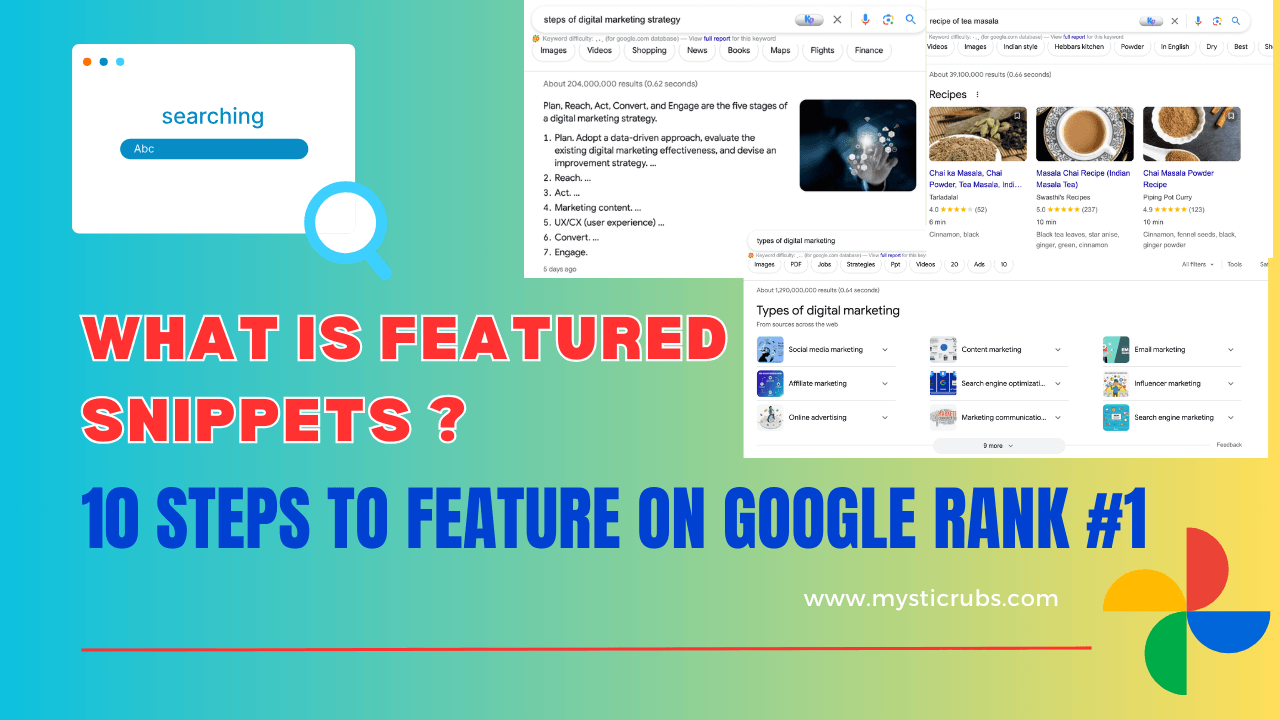
![[2025 Updated] Top 10 Digital Marketing Agencies in Nepal Ranked!](https://mysticrubs.com/wp-content/uploads/2022/05/top-10-digital-marketing-company-in-nepal.png)
